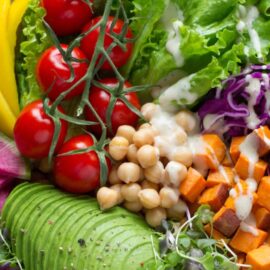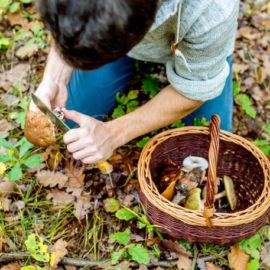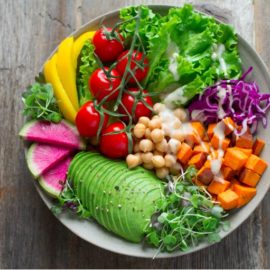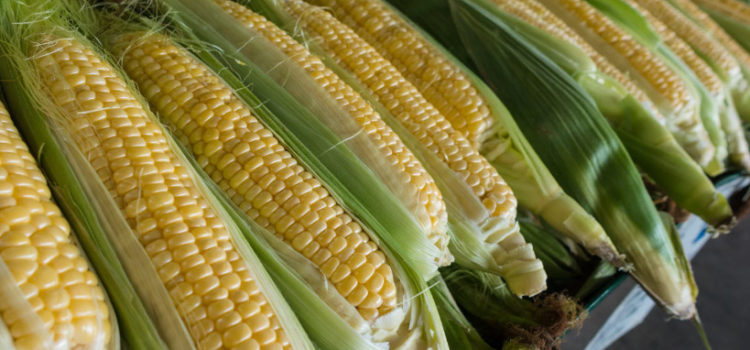
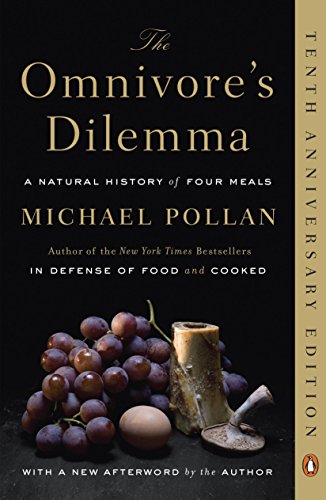
This article is an excerpt from the Shortform summary of "The Omnivore's Dilemma" by Michael Pollan. Shortform has the world's best summaries of books you should be reading.
Like this article? Sign up for a free trial here .
What is the history of corn? Where did corn originate from? How does it differ from maize? Learn the history of corn in this concise summary.
Today, It All Starts With Corn
Although a supermarket’s options seem diverse, much of what it offers depends on corn. In fact, of the 45,000 items in the supermarket, a quarter contain corn. Thus, the industrial food chain begins with a farm in the corn belt:
- The steer that becomes steak eats corn.
- Chickens, pigs, turkeys, lambs, catfish, tilapia, and salmon are fed corn.
- Cows that produce dairy products are tied to milking machines and troughs of corn.
- Ingredients derived from corn dominate supermarket shelves.
- For example, a chicken nugget contains corn-fed chicken, corn starch, corn flour, corn oil, lecithin, triglycerides, coloring, and citric acid derived from corn.
- Sodas and fruit drinks are sweetened with high-fructose corn syrup.
- Beer contains alcohol fermented from glucose refined from corn.
- Corn is a component of coffee creamer, microwave dinners, cake mixes, most condiments, and bologna.
- Even non-foods use corn-derived substances. Such items include garbage bags, disposable diapers, matches, cleaning products, and cosmetics.
The supermarket has managed to convince us that 45,000 items represent variety, despite how many come from the same plant — corn. This is the result of a long history of corn, starting from thousands of years ago.
The History of Corn
The story of how corn came to dominate our food chain is an evolutionary success story.
Agriculture can be considered an evolutionary strategy by plants to get us to advance their interests. Corn (an edible grass) has been the most successful. Humans have nurtured corn in numerous ways, including turning huge amounts of land into corn-friendly habitat.
In history, corn’s big expansion began when colonists arrived in the New World. They brought their preferred species, particularly wheat, but found that some of them had difficulty adapting to the new environment, where, in contrast, corn flourished.
According to history, Native Americans showed the colonists how to plant and use corn, which turned out to be crucial to the Europeans’ survival in North America as other food crops failed.
———End of Preview———

Like what you just read? Read the rest of the world's best summary of Michael Pollan's "The Omnivore's Dilemma" at Shortform . Learn the book's critical concepts in 20 minutes or less .
Here's what you'll find in our full Omnivore's Dilemma summary :
- What does Omnivore's Dilemma mean?
- Why is industrial farming so bad for you and the environment?
- How did corn and its byproducts (like corn syrup) end up in tens of thousands of foods?
- How is Industrial Organic food like at Whole Foods not much better than massive industrial farming?
- What happens when you try to forage for your own food?


